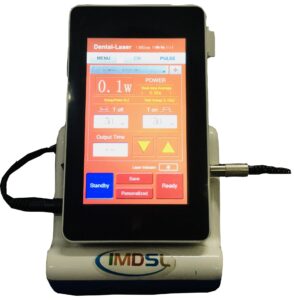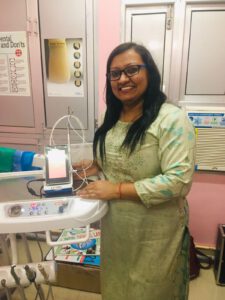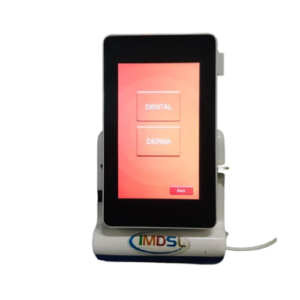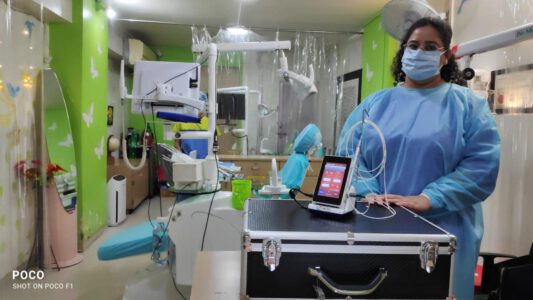- 22
- Feb
Dental Laser for Periodontal Care
Periodontal diseases, commonly known as gum diseases, can wreak havoc on oral health if left untreated. Fortunately, advancements in dental technology have paved the way for more effective and minimally invasive treatments. Among these innovations, dental lasers have emerged as powerful tools in the hands of periodontists, offering precision and versatility in addressing various gum-related issues.
Gingivitis
In its early stages, gum disease manifests as gingivitis, characterized by inflammation of the gums. Dental lasers can play a crucial role in treating gingivitis by removing bacteria and infected tissue, promoting gum health, and preventing the progression to more severe periodontal conditions.
Periodontitis
For advanced cases of gum disease like periodontitis, dental lasers offer a targeted approach to remove diseased tissue, clean deep periodontal pockets, and sterilize affected areas. By effectively controlling infection and inflammation, lasers aid in halting the progression of periodontitis and preserving oral health.



Gum Recession
Receding gums not only affect the aesthetics of a smile but also expose tooth roots to potential damage. Laser-assisted procedures such as gingival grafting or gum grafting are invaluable in repairing and regenerating gum tissue, addressing issues of gum recession, and enhancing both the appearance and health of the gums.
Crown Lengthening
Dental lasers enable periodontists to reshape and recontour gum tissue with precision, exposing more of the tooth’s surface. This facilitates procedures such as crown placement and eliminates the discomfort associated with a “gummy smile.”
Frenectomy
Laser frenectomy is a minimally invasive procedure used to correct issues like tongue-tie or lip-tie by removing or reshaping the frenulum. The precision of dental lasers ensures minimal discomfort and faster healing, making it an ideal solution for patients of all ages.
Peri-implantitis
Dental implants are susceptible to peri-implantitis, an inflammatory condition that can compromise their stability. Periodontists can utilize dental lasers to remove infected tissue and promote healing around the implant site, preserving the longevity of the implant.
Biopsies
Soft tissue biopsies are often necessary for diagnostic purposes in cases of suspected oral lesions or abnormalities. Dental lasers offer a precise and minimally invasive method for tissue removal, enabling accurate diagnosis while minimizing patient discomfort.
By leveraging the precision, versatility, and minimally invasive nature of dental lasers, periodontists can effectively address a wide range of gum-related issues while promoting faster healing and improved patient comfort. With these advanced tools at their disposal, periodontists can revolutionize periodontal care, ensuring optimal oral health outcomes for their patients.


Comments